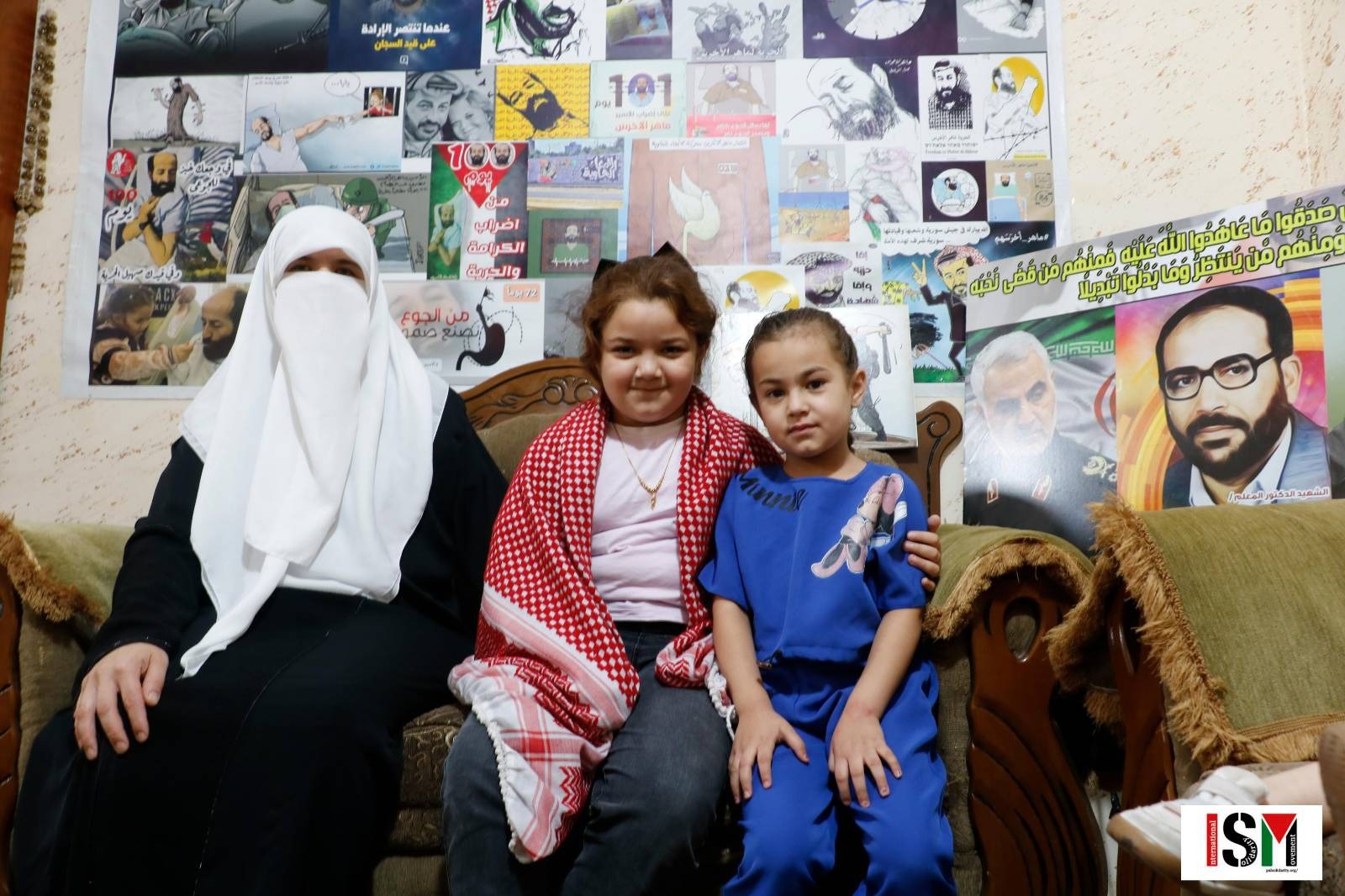Tag: Arrests
-
An unbreakable will
“I will go on a hunger strike until I get freedom or martyrdom.” This is what the prisoner Maher Al-Akhras (52), from the village of Hajjah, Jenin district, said after the Israeli occupation forces raided his house and arrested him without charges last Thursday night, August 24. The prisoner Maher works as a farmer. He…
-
Ten people arrested from Beit Kahel: the village targeted with violent night raids and demolition threats
August 25| International Solidarity Movement | Beit Kahel, Occupied Palestine As part of a targeted collective punishment towards the village of Beit Kahel following the death of an Israeli settler in Gush Etzion, ten individuals from the village have been arrested by Israeli Occupation Forces. Seven of the detainees are all part of the Asfara…
-
Education under occupation
August 11 | International Solidarity Movement | Hebron, occupied Palestine Whilst continuing my work with ISM this year, I spent four weeks working at the Hebron/al-Khalil office of Defence for Children International focussing on the way that the occupation has compromised the access to education in the West Bank, East Jerusalem, and Gaza. It is…



